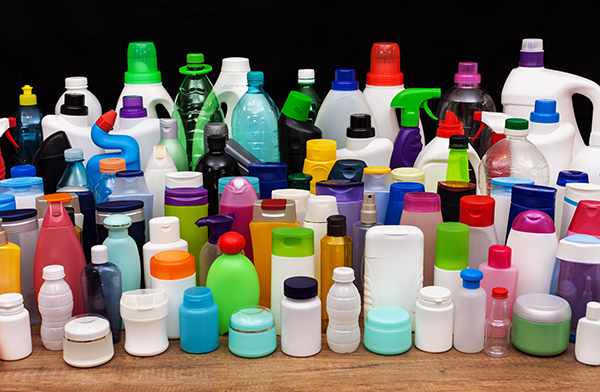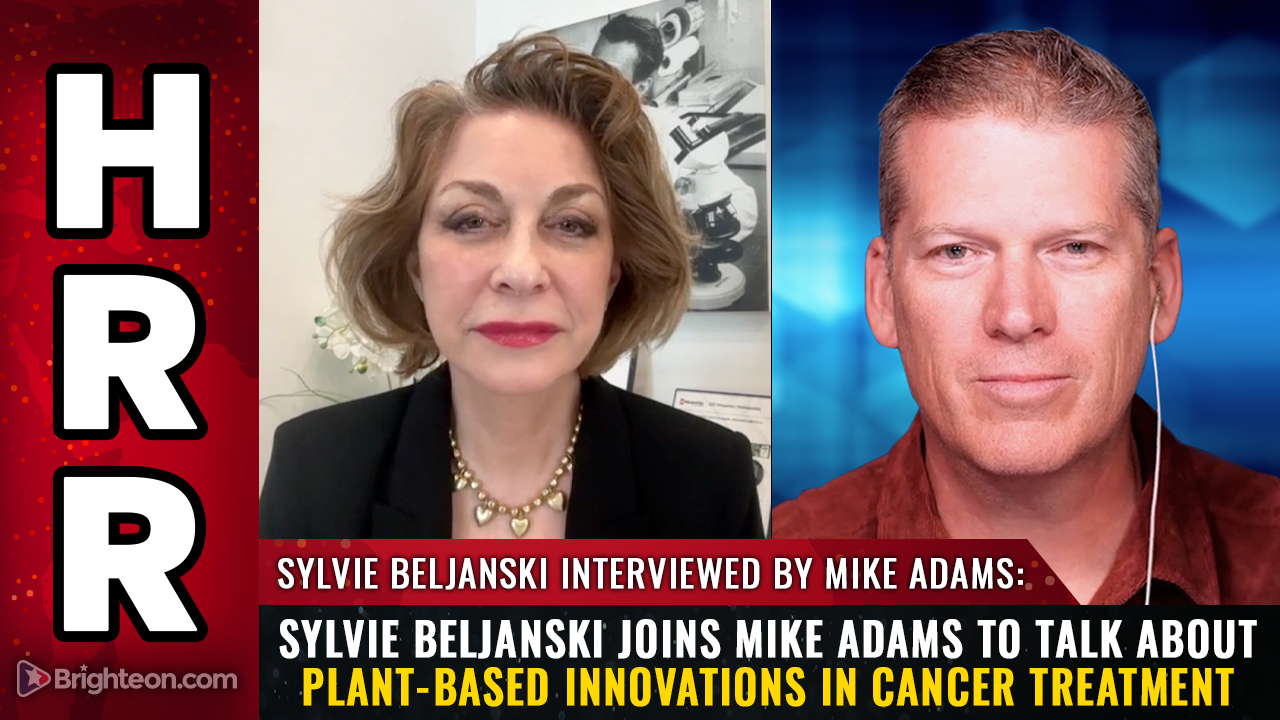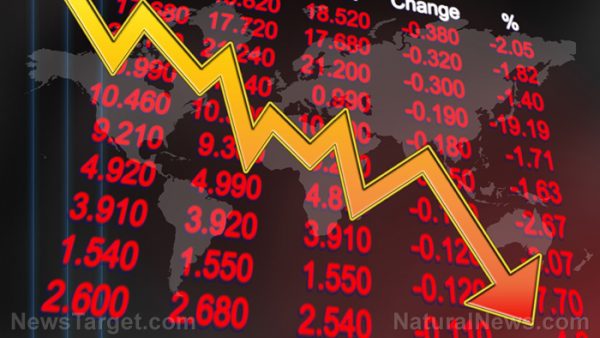 Parler
Parler Gab
Gab
- Shocking new research exposes DEHP, a common plastic softener, as a silent killer tied to 13.5% of heart deaths in adults aged 55–64.
- Global death toll disproportionately hits India (103,000 deaths) and China (61,000), with 73% of fatalities concentrated in Asia and the Middle East.
- Industry deception persists as plastic lobbyists dismiss risks, despite DEHP flooding 3-4 million tons of products yearly.
- Five life-saving steps to reduce exposure—from ditching plastic food containers to filtering water—could protect your heart.
The global heart attack: How DEHP infiltrates your body
DEHP doesn’t just weaken plastics—it wrecks human biology. The chemical leaches into food, water, and dust, hijacking hormonal systems, spiking oxidative stress, and turning healthy cells into ticking time bombs for heart failure. Dr. Laura Vandenberg, an environmental health scientist, warns: “Phthalates are known on a molecular level to increase levels of oxidative stress, and also to serve as obesogens and metabolic-disrupting chemicals.” The study’s findings are staggering:- India suffers 103,000 DEHP-linked heart deaths annually—the highest in the world.
- China follows with 61,000 deaths, while the U.S. and Europe face thousands more.
- PVC plastics (recycling #3) are the worst offenders, commonly found in shower curtains, cling wrap, and medical tubing.
Industry lies vs. scientific truth
Phthalates are synthetic chemicals widely used in plastics, personal care products, and food packaging. They are known endocrine disruptors, interfering with the body’s hormone production and regulation. By mimicking or blocking natural hormones, phthalates disrupt the endocrine system, leading to reproductive issues, impaired brain development, immune dysfunction, and metabolic disorders. One of the most concerning effects of phthalate exposure is its contribution to cardiovascular disease. Research suggests that phthalates may increase the risk of heart problems by promoting inflammation, oxidative stress, and endothelial dysfunction—key factors in atherosclerosis and hypertension. These chemicals have been linked to elevated blood pressure, insulin resistance, and dyslipidemia, all of which are precursors to heart disease. While the Flexible Vinyl Alliance cites a 2018 FDA study to claim DEHP is “safe,” independent research proves otherwise. The chemical disrupts testosterone, damages blood vessels, and fuels inflammation—even at levels regulators deem “acceptable.” Yet, plastic manufacturers flood the market with 3-4 million tons of DEHP yearly, prioritizing profits over the 356,000 lives cut short annually. Five ways to fight back against plastic poisoning:- Ban plastic food storage—Switch to glass or stainless steel, especially for hot or acidic foods that accelerate chemical leaching.
- Never microwave plastic—Heat turns containers into toxic sludge, pumping DEHP directly into your meals.
- Check recycling codes—Avoid #3 (PVC) and #7 (often contains phthalates).
- Eat organic, unpackaged foods—Processed snacks and takeout are loaded with plastic-wrapped poison.
- Filter your water—Aging PVC pipes leach DEHP into tap water; invest in a high-quality filtration system.
Trump announces total trade embargo on China, sparking fears of economic collapse
By Finn Heartley // Share
Natural plant extracts show zero metastasis in breast cancer stem cell study
By Finn Heartley // Share
U.S.-India energy pact undermines climate orthodoxy while solidifying counter-Chinese alliance
By Willow Tohi // Share
Trump announces total trade embargo on China, sparking fears of economic collapse
By finnheartley // Share
Natural plant extracts show zero metastasis in breast cancer stem cell study
By finnheartley // Share







